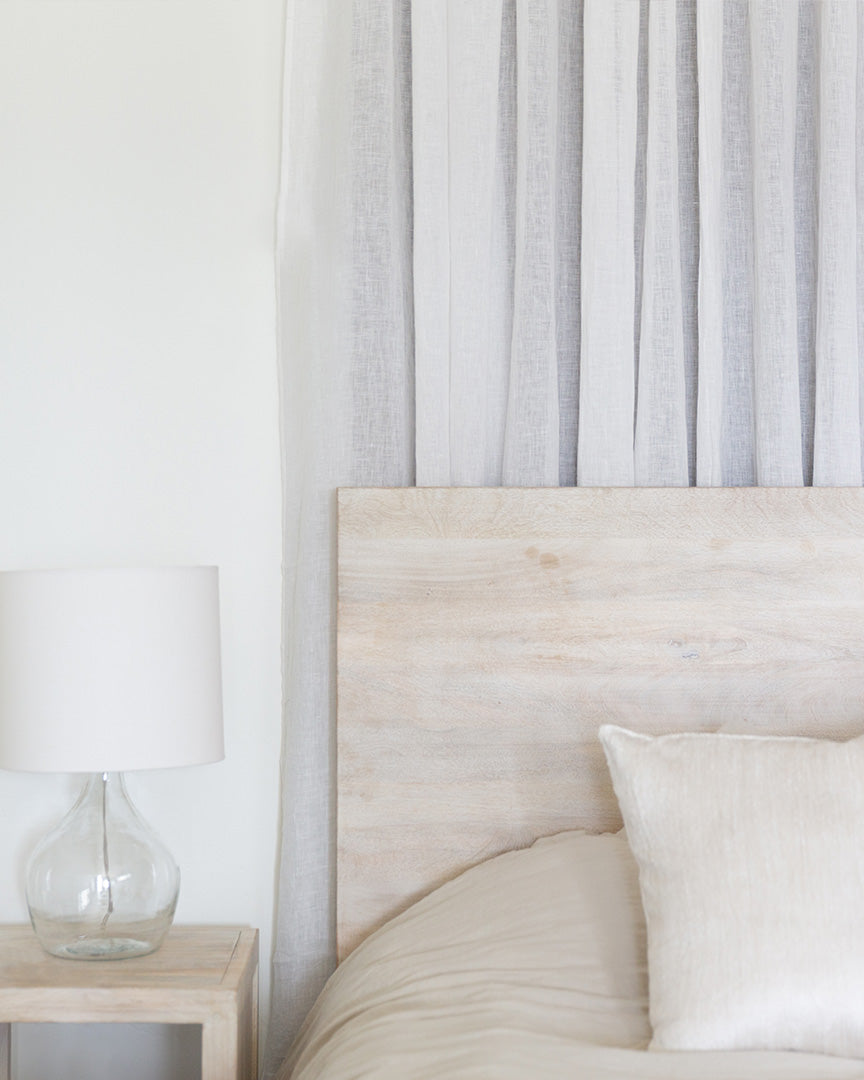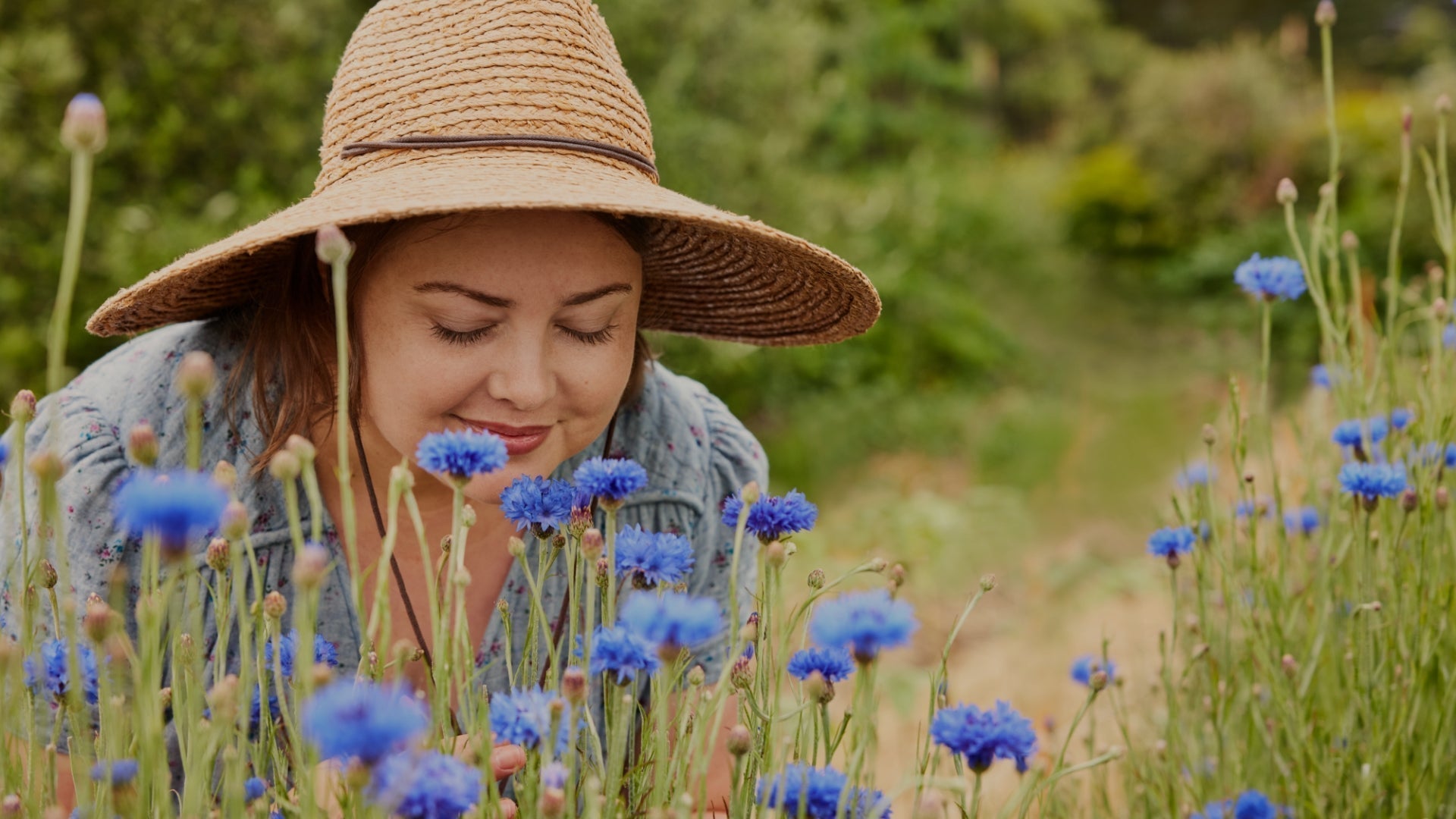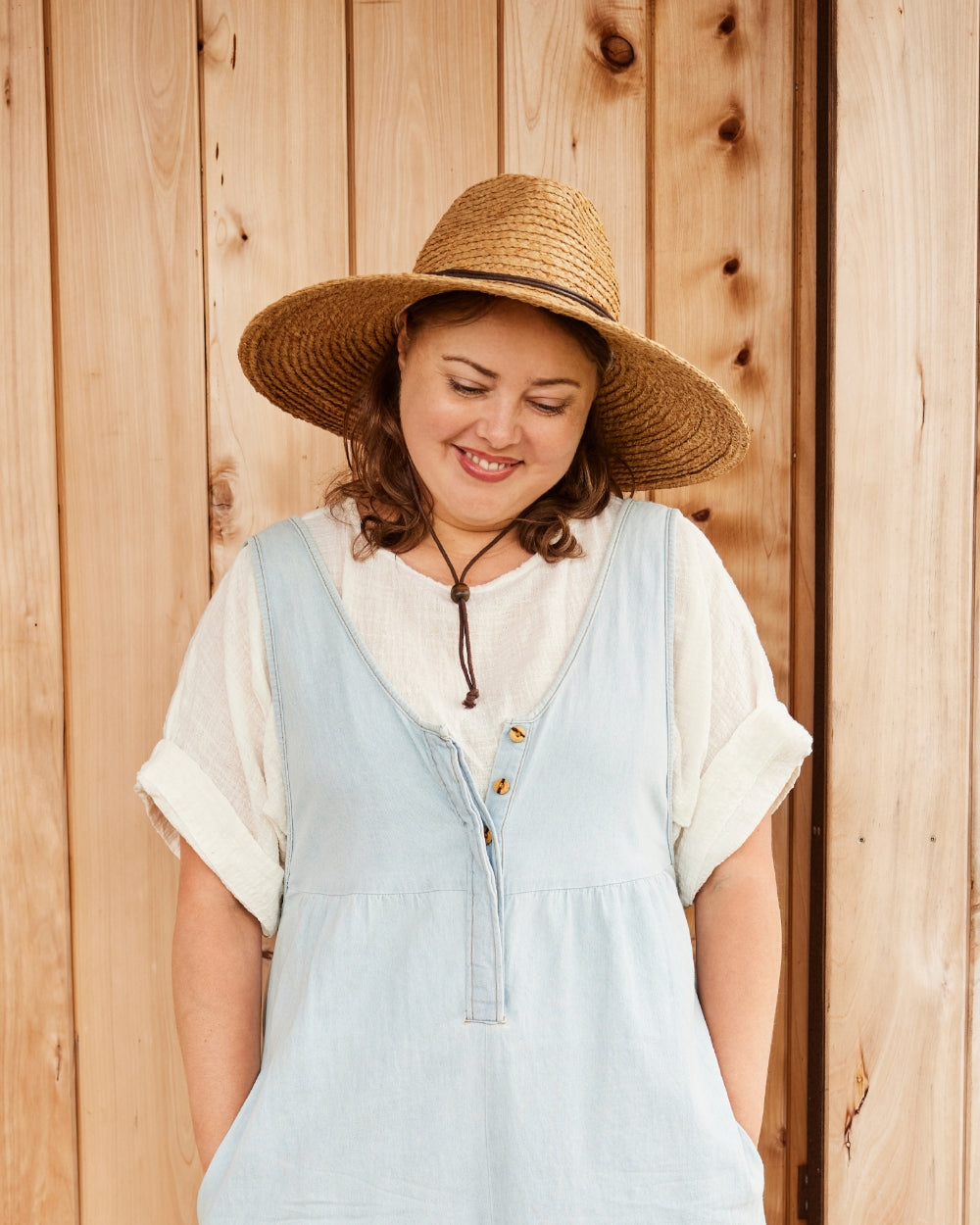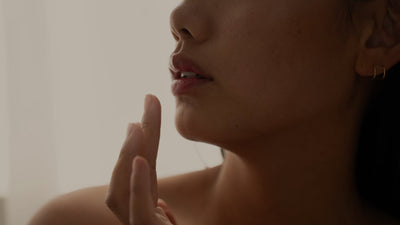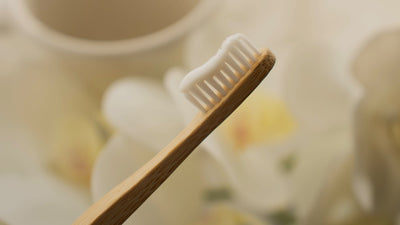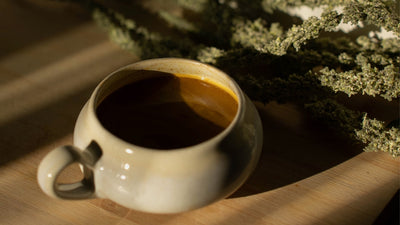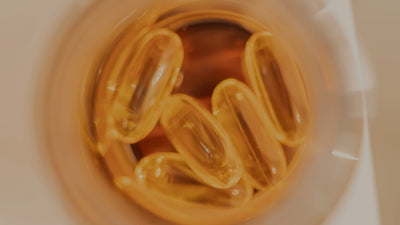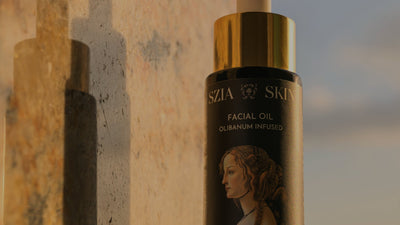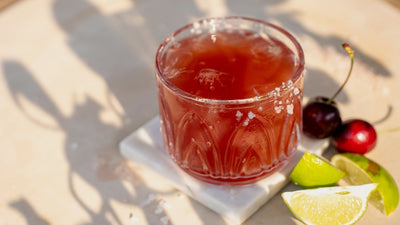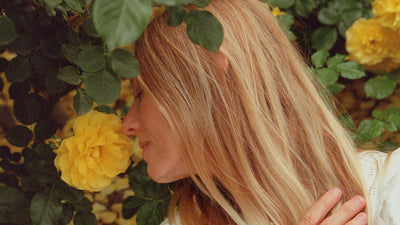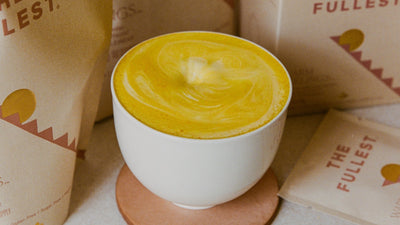
Q: Your journey from sommelier to skin-specific herbalist is so fascinating. How has your experience in wine tasting influenced the way you approach creating these beautiful skincare formulations?
Training and working as a sommelier opened my eyes in a big way to growing conditions and how directly these aspects impact product quality. I saw firsthand how farming choices dictate not only the quality and nutrients of the plant but how deeply farming practices impact environmental health. Being a sommelier also helped me develop a very nuanced palate which comes into play as I formulate, being able to determine a plant's quality as well as the freshness of a formula or delicate oil, for example. It's interesting, a sommelier and an herbalist have a lot of overlap in their intimate relationship with plants.
Q: Your commitment to raw, organic, farm-sourced ingredients is inspiring. Can you walk us through your 'slow farmed beauty' process—from seed to bottle—and explain how this mindful approach contributes to the effectiveness of your skincare products?
There is no question that slow farmed plants contribute to skin health in a much more impactful way. This difference is pretty clear to see when you compare, side-by-side, organically farmed ingredients next to conventional bulk counterparts - the difference can be quite stunning. We see this all the time in our lab. The result for the skin is a significantly more potent nutrient profile, more and more easily available to the skin. Meanwhile, this "slow farmed beauty" process simultaneously nourishes our communities by supporting more independently owned, regenerative, small family farms.
Q: You’ve talked about the importance of lipid integrity in your oils. Why is it so crucial to maintain the raw, cold-pressed, and unrefined nature of these oils for skin health, and how do you ensure this in every batch?
Oil integrity is crucial for several big reasons, which is why we take such careful steps and invest in such fresh, living, nutrient-dense oils. It's a big one for us. The first reason is that plant lipids can and do go rancid easily, especially when they are processed too much. When they oxidize, they impart damaging compounds onto our skin that actually can harm our cells, making the oil counterproductive. The other reason is the nutrient profile difference in bulk, conventional oils compared to fresh, raw, cold-pressed oils is night and day. These oils are not just carrier oils; they are rich nourishing elements of our formulas, so it's really crucial that they be of exquisite quality.

Q: One of my favorite products of yours are your hydrosols! They’re so hydrating and soothing. What makes them stand out, and how do you ensure they capture the 'soul' of the plants you work with?
Ah yes, our hydrosols. Similar to our oils, they are a big part of our products. We have single origin hydrosols, and we also use these plant waters in our formulas in place of water, making those products so much more vibrant and productive. Every hydrosol we use is organic or biodynamic and distilled exclusively for us by our artisan partnering farmers in California, Oregon, Washington, and Hawaii (for our tropical plants). The labor-intensive process of carefully distilling these plants is what gives us the ability to capture all of the medicinal constituents and also what many refer to as 'the soul of the plant,' which is its truest essence; its compounds and its life-force. These constituents are delicate in nature, so in order to capture them and harness those benefits, we need to use a thoughtful and slow process. These hydrosols really are a full and complete expression of the plant.
Q: You’ve mentioned communicating with plants as part of your formulation process, which is so intriguing. Can you tell me more about how this practice influences the effectiveness of your skincare?
For all of our products, I feel as if they have been formulated by the plants themselves. There is an "all knowing" when it comes to plant intelligence that we humans often have a hard time getting in tune with. They always show me the way when I'm choosing plants for a formula. This is something that keeps our formulas very different from what may be popular or trending, but it also leads to our formulas being highly effective for any skin concerns that we are trying to treat.
Q: I know you’re really passionate about the transparency and quality of essential oils. What challenges have you faced in sourcing these oils, and how does your background help you navigate ensuring their purity and potency?
Like much of the beauty industry, terminology is often used to confuse consumers, and it's really unfortunate. Terms such as 'high quality' and 'therapeutic grade' are not regulated and can be used to mislead. Pure essential oils are potent medicine if sourced and used appropriately. I rely heavily on my background as a sommelier to navigate the sourcing of essential oils. Many of our essential oils are distilled by artisan master distillers exclusively for our use. They are only certified organic and biodynamic essential oils that have not been contaminated with pesticides or diluted with synthetics. This is how we ensure that purity and potency are maintained.
Q: For those who want to incorporate mindful beauty rituals into their daily routines, what simple practices would you recommend to get started?
My favorite way to have a mindful beauty practice is to start my own daily routine by looking at the ingredients on the back of a bottle. I give them acknowledgement that the plants had quite the journey to arrive here, along with the hands that harvested them. As I am applying each product, I take a deep inhale and again focus on these different plants and all the ways in which they are supporting me. These simple mindfulness activities take "washing your face" to a whole new level!

Q: As more people are waking up to the importance of where their skincare comes from, what advice would you give to those looking to make more mindful, informed choices about the products they use?
One thing I wish people took more time to consider is how their beauty product ingredients are sourced or made. Eating organic or getting our food from farmers markets is such a common thing these days. Most of us have an understanding that eating that way is healthier for our bodies. What we often don't consider is how much those actions positively impact the planet and our communities. The beauty industry is quite massive, and therefore its ingredients have a huge impact on things like pollution, ecosystem destruction, carbon footprint, and displacement of indigenous communities and plant and animal life. It is not something that is commonly known or discussed, but the more we can source beauty ingredients how we like to eat, the healthier our planet and communities will be overall.
Q: Lastly, for those who are new to Laurel Skin, where can they connect with you, learn more about your offerings, and explore your farm-based skincare rituals
Well, laurelskin.com is a treasure trove of information and education, so they can explore our offerings and read about herbalist skincare. I love connecting with people on Instagram where I post about plants and sometimes my personal thoughts on life. And then, perhaps most importantly, our newsletters are a unique and special way to connect. We don't send very many, but it's where we send our limited edition offerings and new launches as well as plant medicine education and special offers. Our emails are little love notes, and that's really the best way to stay up to date with our little brand!

